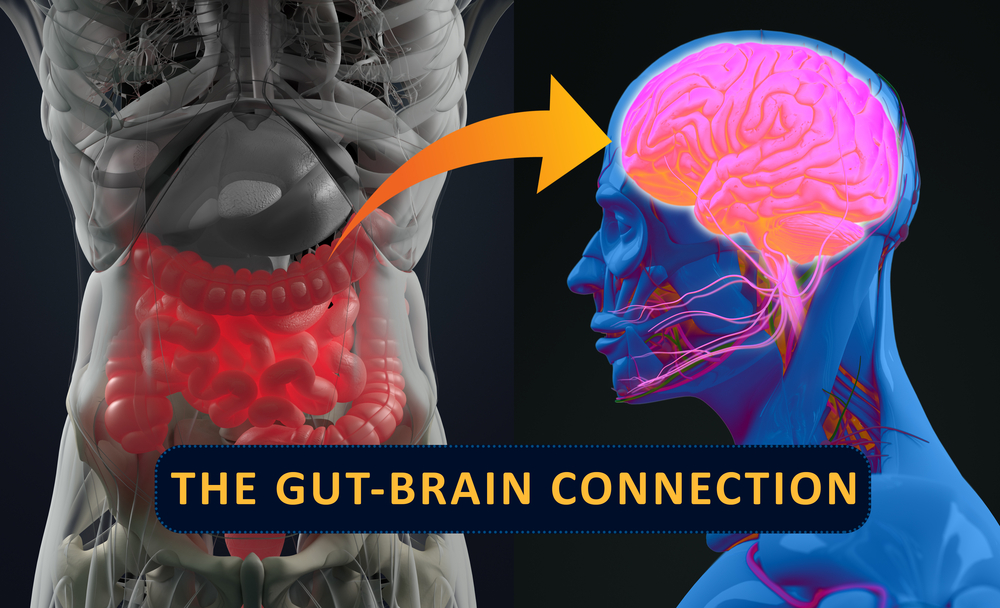Statistics on Mental Health
The wider and longer-term impacts of the last twelve months (and beyond) will not be fully understood for some time.
What we do already know, is that the number of people struggling with mental health problems has increased.
Whilst many people have been affected, surveys have shown that
- young people are most vulnerable to increased psychological distress during this time.
- young women are more vulnerable than young men.
- people with young children.
- or a previously diagnosed psychiatric disorder, are at particularly high risk for mental health problems.
Mental health problems are one of the main causes of the overall disease burden worldwide as well as non-communicable disease such as cardiovascular disease, diabetes and obesity. Estimated population prevalence of depression is over 300 million worldwide (4.4%) with numbers rising. These numbers do not consider those people who decide not to report their mental health problems. 1 in 6 adults will have experienced a common mental health disorder in the past week. Whilst 10-30% of patients with major depressive disorder (MDD) do not respond to conventional treatment which provides an opportunity for non-pharmaceutical options in some of these cases.
The Different Types of Depression
- Major depression: Having less interest in usual activities, feeling sad or hopeless and other symptoms for at least 2 weeks.
- Dysthymia: A chronic low-grade, depressed, or irritable mood that lasts for at least 2 years.
- Bipolar disorder: Periods of depression alternating with periods of mania or elevated mood.
- Mood disorder related to another health condition: Illnesses including cancer, injuries, infections and chronic illnesses.
- Substance-induced mood disorder: Symptoms of depression that are due to medicine, drug use, alcohol dependency, exposure to toxins or other forms of treatment.
Category’s
Depending on age and type of disorder a person may have different symptoms. General fall into categories:
- Behavioral: guilt, low self-esteem, Feeling hopeless or helpless
- Cognitive: suicidal ideation, On-going sad, anxious or ‘empty’ mood
- Biological: sleep, frequent physical complaints, appetite changes
The Microbiota – Gut Brain Axis Terminology
Microbiota is the microorganisms in a particular location such as GI tract or skin. Microbiome is microorganisms within the human body and their respective genetic material.
Research into the gut microbiome continues to accelerate forward at a rapid rate. And one area that has been particularly prolific is research into the influence of the gut microbiome on mental health. Growing research now links the gut microbiome with the development and functioning of the central nervous system (CNS). The ‘microbiota-gut-brain axis’ is becoming an accepted term, and the way we think about mental health and how it is best supported in clinical practice is undergoing a significant paradigm shift. The microbiota-gut-brain axis is a dynamic matrix of tissues and organs including the brain, glands, gastrointestinal system, immune cells and gut microbiome that communicate in a complex multi-faceted way to maintain homeostasis. Bidirectional communication – allows the brain to impact the functions of the gastrointestinal tract and at the same time allows the gastrointestinal tract to modulate brain function.
Digestive Health in Mood Disorders
Those with a mood disorder may be at an increased risk of experiencing comorbidities such as IBS, with the risk of psychiatric problems significantly higher in IBS patients in comparison with healthy control subjects. Studies have found this risk cyclic, especially in individuals with diagnosed psychiatric problems who will have an increased risk of IBS symptoms and vice versa in individuals who have IBS symptoms have an increased risk of psychiatric problems.
Another study evaluated the severity of depression with GI conditions. With an increase in prevalence of severe depression at nearly fivefold in patients with GI symptoms compared to patients without GI symptoms (19.4% vs 3.9%) (Mussell et al. 2008). More recently a meta-analysis (Zhang et al. 2018 ) found that compared to healthy controls; IBS patients had more severe depressive symptoms overall and also had greater sleep disturbance and slower physical and emotional reactions a known cognitive symptoms of depression. The researchers discussed the recommendation that all patients diagnosed with a mood disorder should also be asked if they suffer with anu GI symptoms. Diagnoses and treatment of GI symptoms could also support treatment options of the mood disorder.
In Summary Microbiome and Mental Health
Looking more specifically at bacteria in mood disorders – research has been found that certain bacteria (inflammatory) or gut dysbiosis has been identified in those with mood disorders. As well as this certain anti-depressant medication may alter gut microbe diversity. Diet also was significant with certain inflammatory bacteria related to a high meat and saturated fat diet, although more research is needed in this area. Whilst elevated levels of good bacteria where highlighted in those when mood disorders had improved.
Probiotics and Mental Health
A number of studies have and are now looking at how probiotics may improve symptoms of anxiety and depression. In a 2011 study published in Gut Microbes, supplementation with probiotics improved symptoms of anxiety and depression in healthy human subjects. Another 2015 study found that probiotics improved sad mood in healthy human volunteers. More recently a 2019 systematic review published in General Psychiatry, researchers investigated whether anxiety can be improved by regulation of intestinal microbiota. The systematic review included 21 studies involving 1503 subjects, and the researchers investigated both probiotic and non-probiotic methods of modulating the intestinal microbiota. The researchers concluded that more than half of the studies showed that regulating intestinal flora can effectively improve anxiety symptoms. They also noted that more research is needed to clarify this conclusion.
Mental Health and Foods: ‘Good Mood Foods”
- Eat more oily fish: Omega-3 fatty acids are a group of essential fats that you must obtain through your diet because your body can’t produce them on its own.
Fatty fish like salmon are rich in two types of omega-3s — docosahexaenoic acid (DHA) and eicosapentaenoic acid (EPA) — that are linked to lower levels of depression.
- Eat more Fermented foods: fermented foods are significant sources of probiotics.
Serotonin is a neurotransmitter that affects many facets of human behaviour, such as mood, stress response, appetite, and sexual drive. Up to 90% of your body’s serotonin is produced by your gut microbiome, or the collection of healthy bacteria in your gut.
- Bananas may help turn a frown upside down.
They’re high in vitamin B6, which helps synthesise feel-good neurotransmitters like dopamine and serotonin
- Eat more berries:
Although the mechanism isn’t clear, a diet rich in antioxidants may help manage inflammation associated with depression and other mood disorders.
- Eat more Nuts and seeds which are high in plant-based proteins, healthy fats, and fibre.
Additionally, they provide tryptophan, an amino acid responsible for producing mood-boosting serotonin. Almonds, cashews, peanuts, and walnuts, as well as pumpkin, sesame, and sunflower seeds, are excellent sources.
- Eat more beans and lentils:
They’re an excellent source of B vitamins, which help improve mood by increasing levels of neurotransmitters like serotonin, dopamine and gamma aminobutyric acid (GABA), all of which are important for regulating mood.

Things You Can Do!
- Balance your blood sugars: This was attributed to more stable blood sugar levels, which is important for controlling mood swings and irritability.
- The ‘Daily Treat’ –the idea being that each morning when you wake up, the first thing to decide on is a ‘daily treat’ for that day. Your daily treat could be anything; if food is your problem, then maybe not food related, but if food isn’t your problem, then it could be. Or it could be a phone call to a friend, a walk, a bath or whatever feels like a treat to you!
- Plan your exercise for the week: Sit down with your diary on a Sunday evening and plan in exercise for the coming week. Choose a time in the day when you know you will do the exercise. I try to do them early on in the day because if I don’t, then I’ll find an excuse, and I’ll think I’m too busy.
There’s a long way to go before we can fully understand the complex relationship between the gut microbiome and mental health. One thing’s for sure though, given the masses of evidence now outlining just how crucial a healthy, diverse gut microbiome is for just about every aspect of health. Important to target a “Combination of diet, lifestyle and supplementation where necessary”
Thank you for reading. Please do not make any changes to the way you eat or take supplementation without talking to a trained health professional first.
Fiona Waring
Dip Nut, BSc.(Hons), MSc PHN, ANutr
Nutritional Therapist
M: +44 07957 267 964
eatyourgreens@fionawaring.com
‘Registered with the Association for Nutrition – www.associationfornutrition.org
Protecting the public and promoting high standards in evidence-based science and professional practice of nutrition.’
